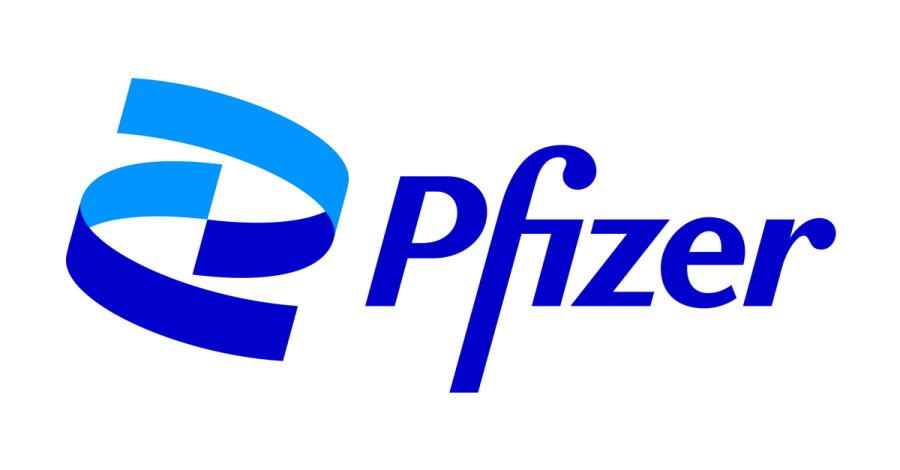Pfizer's pill cuts COVID deaths and hospitalisations by 90%

An oral antiviral drug developed by Pfizer has been shown to dramatically cut the risk of hospitalisation or death from COVID-19 when given in the early stages of infection.
The phase 3 trial found that Paxlovid – which combines new protease inhibitor PF-07321332 with already-approved HIV drug ritonavir – reduced the risk of hospitalisation or death by 89% when given to newly-diagnosed adults who were at risk of developing severe COVID-19 in the EPIC-HR trial.
When the drug was given within three days of symptom onset, 0.8% of patients taking it had died or been hospitalised after 28 days' follow-up, compared to 7% of a control group who got a placebo pill.
No deaths were reported among people who received Paxlovid, with 10 deaths in the placebo arm, according to Pfizer, which halted the study earlier than expected because the data were so positive.
There are hopes that oral drugs that can easily be administered to people in the community could open up a new front against COVID-19, helping to save lives and reducing the burden on healthcare services by keeping people out of hospital.
The data comes hard on the heels of the UK's approval of Merck & Co/MSD and Ridgeback Therapeutics' polymerase inhibitor Lagevrio (molnupiravir), which is the first oral antiviral for COVID-19 to be authorised for use.
The top-line data for Pfizer's drug seem favourable at first glance with Merck and Ridgeback's MOVe-OUT trial, which revealed a 50% reduced risk of hospitalisation or death in compared to placebo with molnupiravir, with all the caveats of trying to compare studies with different designs and endpoints.
There have also been come concerns about the risk of birth defects with molnupiravir due to its mechanism of action that can lead to DNA changes, and Pfizer has been quick to point out that it has found no evidence of "mutagenic DNA interactions" with its protease inhibitor.
The company reckons the data should be enough to secure emergency use authorisations for Paxlovid, and so attention is already turning to access, particularly in lower-income countries.
The company said it plans to adopt a tiered pricing approach to the drug depending on a country's income, and is "exploring" contract manufacturing deals to for less well-off nations.
Merck meanwhile has already gone a step further, making a deal with the UN-backed Medicines Patent Pool (MPP) to grant royalty-free licenses to generic companies who can manufacture molnupiravir in 105 low- and middle-income countries around the world.
The UK has agreed a supply deal for 250,00 courses of Paxlovid, without revealing the purchase price, along with 480,000 doses of molnupiravir. Pfizer said it is already in advanced purchase agreements with multiple countries and in negotiations with several others for its drug.












